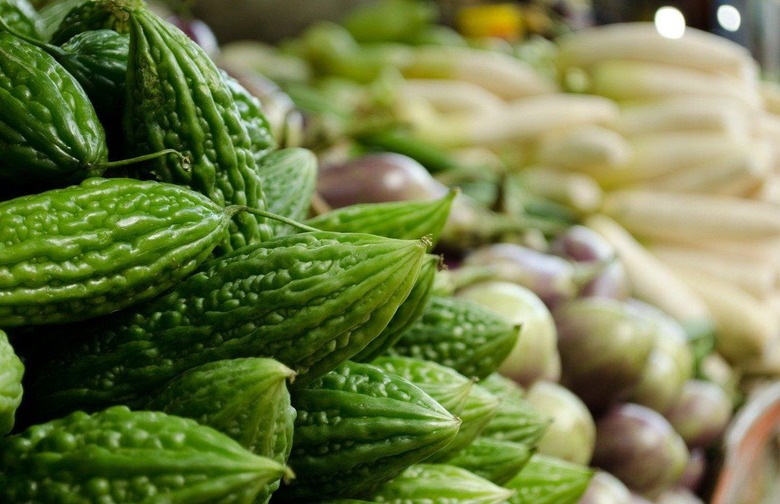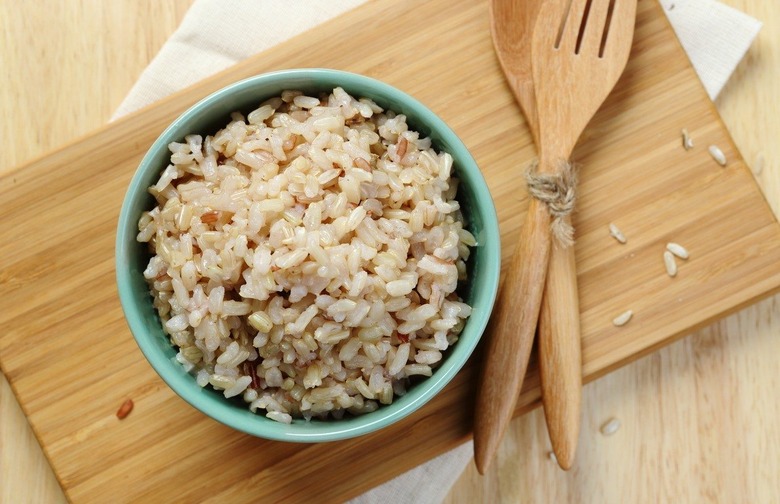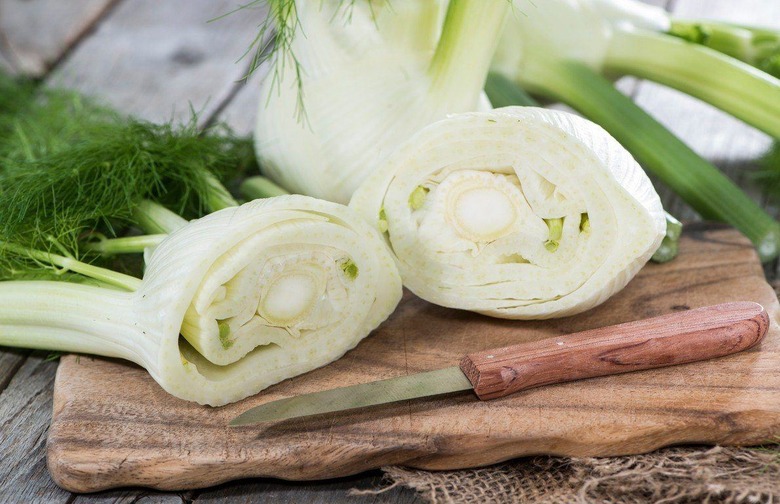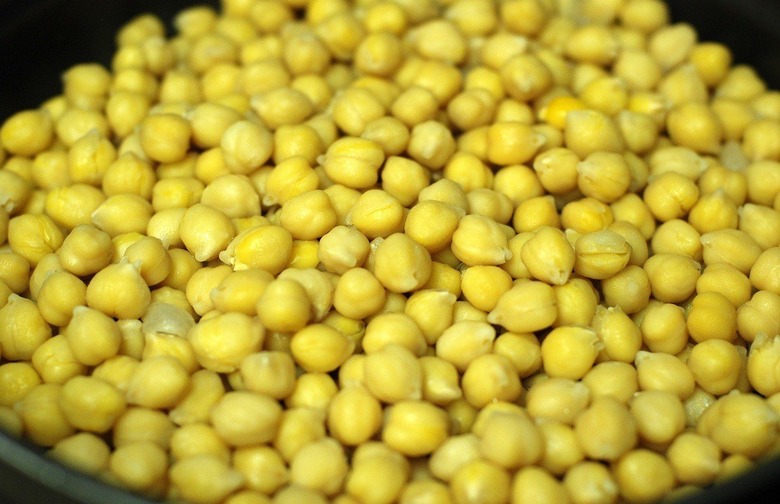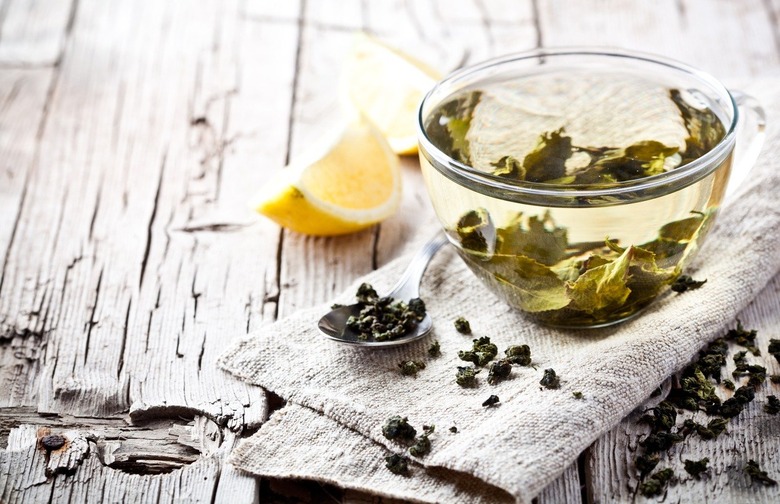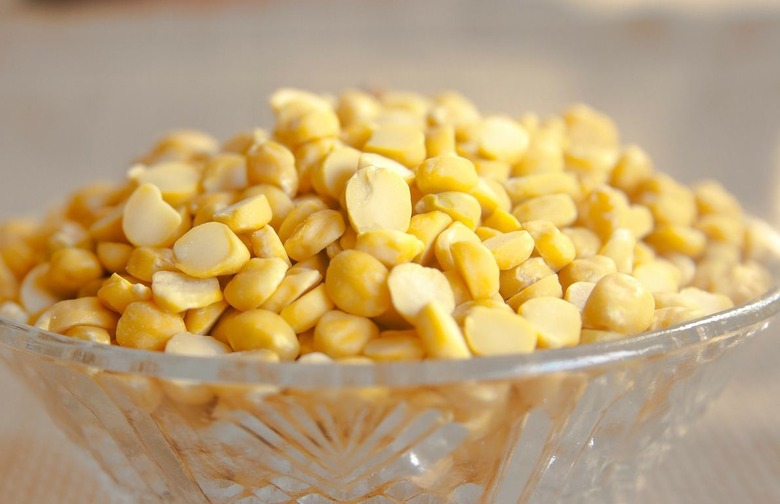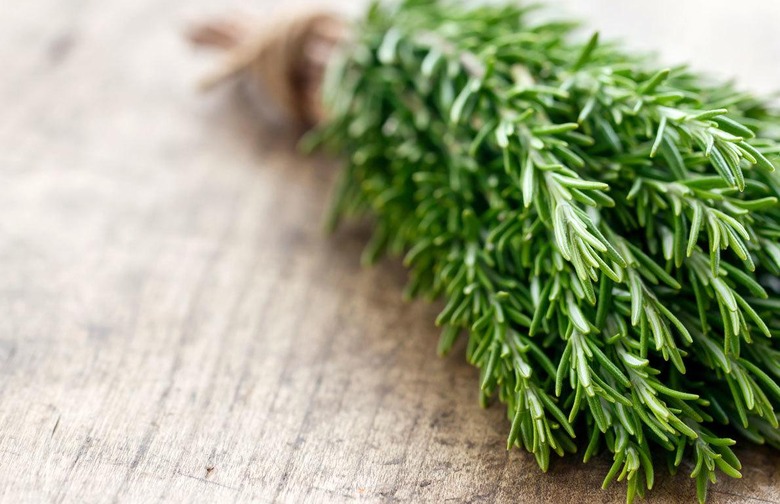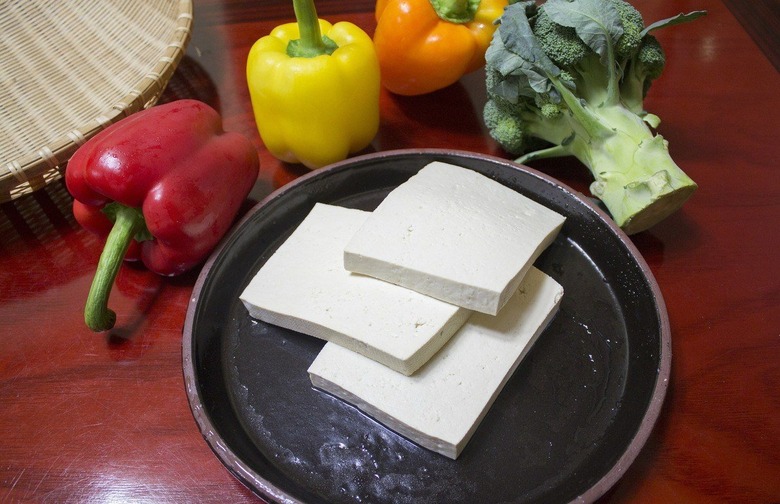Eating These 12 Foods Might Add Years To Your Life Slideshow
The avocado has exploded in popularity in the United States because of its creamy texture, subtle flavor, and numerous health benefits. The fruit is like a multivitamin, with one 3.5-ounce serving containing more than 10 percent of the recommended daily allowance for vitamins K, C, B5, B6, and E. Avocados are high in oleic acid, a monounsaturated fat that reduces inflammation, and have been found to improve cholesterol levels and lipid profiles. Keep on eating that guacamole; it's good for you!
Bitter Melon
Bitter melon is not especially common in the United States, but it's widely consumed in Asia and the Caribbean. As the name suggests, the gourd is very bitter, but it can be added to juices and stir-fries to mask its pungent taste. Studies have shown that bitter melon increases the metabolism of glucose, so diabetics can incorporate it into their diets to lower blood sugar levels. Bitter melon has also been linked to lower cholesterol levels and fewer incidences of pancreatic cancer.
Brown Rice
Complex carbohydrates and whole grains are the foundations of many Blue Zone diets. The health benefits of brown rice are derived from its fiber-rich bran layer and nutritious cereal germ. The selenium found in brown rice can reduce the risk of developing cancer and heart disease.
Fennel
When consumed raw, fennel has an intense licorice flavor; when roasted, it takes on a caramel-like sweetness. One fennel bulb contains only 73 calories and almost no fat, but it's loaded with fiber, vitamin C, potassium, and a host of other minerals. Experiments on mice concluded that the extract from fennel seeds could have anti-tumor properties and could also protect cells from oxidative stress.
Garbanzo Beans
Also known as chickpeas, garbanzo beans are common in Mediterranean and Middle Eastern cuisines. A 3.5-ounce serving supplies the body with 68 percent of the recommended daily intake of fiber, as well as 38 percent of the recommended daily allowance of protein. The fiber quantity also helps to lower cholesterol and reduce blood pressure.
Goat Milk
Goat milk is widely consumed around the rest of the world, and its lower lactose content is easier on dairy-sensitive stomachs. Compared to a cup of cow milk, goat milk contains less sugar and more calcium, vitamin C, and potassium.
Green Tea
Green tea is abundant in phenolic acids and flavonoids, two antioxidants that protect the body from damaging free radicals and oxidative stress. These antioxidants also can reduce instances of breast, prostate, and colorectal cancers. Avoid adding milk — even goat milk — to your tea because dairy has been found to reduce its antioxidant levels.
Lentils
Not enough can be said about the endless versatility and health benefits of lentils. Lentils are high in protein, fiber, folate, iron, manganese, selenium, phosphorus, and antioxidants. Folate is crucial for future mothers because it can prevent chances of an early delivery by 50 percent if consumed for at least a year before becoming pregnant. Selenium, a mineral not available in many other foods, has been linked to reduced tumor growth and improved immune system response.
Potatoes
Potatoes are inexpensive and can be plentiful sources of important nutrients when not peeled or deep fried. They are naturally rich in potassium and vitamin C; a medium-sized potato contains 25 percent and 70 percent, respectively, of the recommended daily allowances.
Rosemary
Cuisines from the Blue Zones of Ikaria and Sardinia use herbs like rosemary, sage, and marjoram to add complexity to their dishes. Rosemary in particular can aid in brain function and blood circulation, and help preserve youthfulness.
Shiitake Mushrooms
The health benefits of shiitake mushrooms have been known in East Asian cultures for centuries, but now science is finally able to confirm them. The American Cancer Society has acknowledged that shiitakes have been shown to reduce tumors in animals. The mushrooms also contain the compound lentinan, an anti-tumor polysaccharide that can possibly stimulate white blood cell production in humans.
Tofu
Tofu is a complete protein that contains all the essential amino acids, and it's a healthier alternative to animal products because it doesn't include high amounts of saturated fat or cholesterol. The United States Food and Drug Administration says that eating 25 grams of soy protein per day may improve heart health, and soy's estrogen content is also beneficial for bone health in post-menopausal women.

